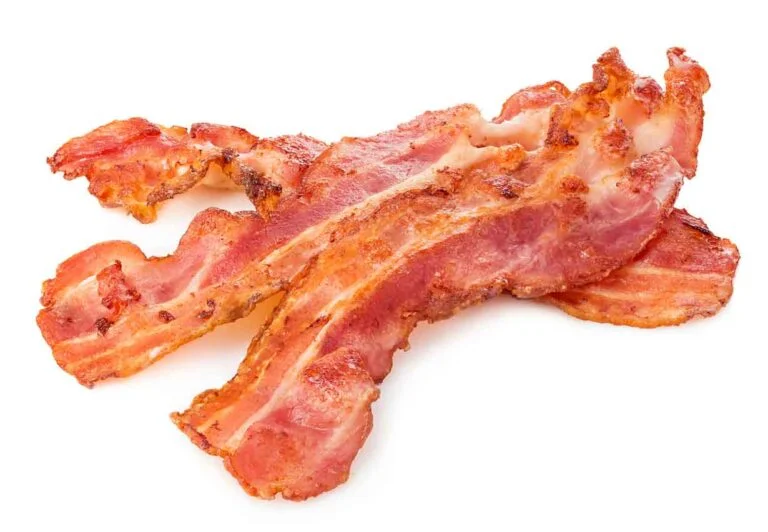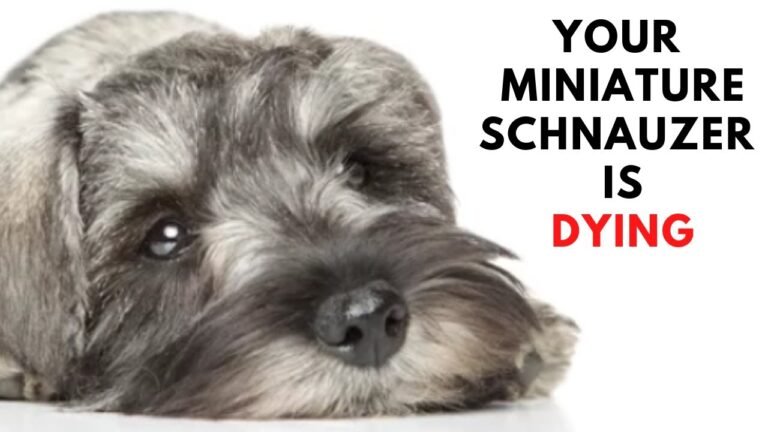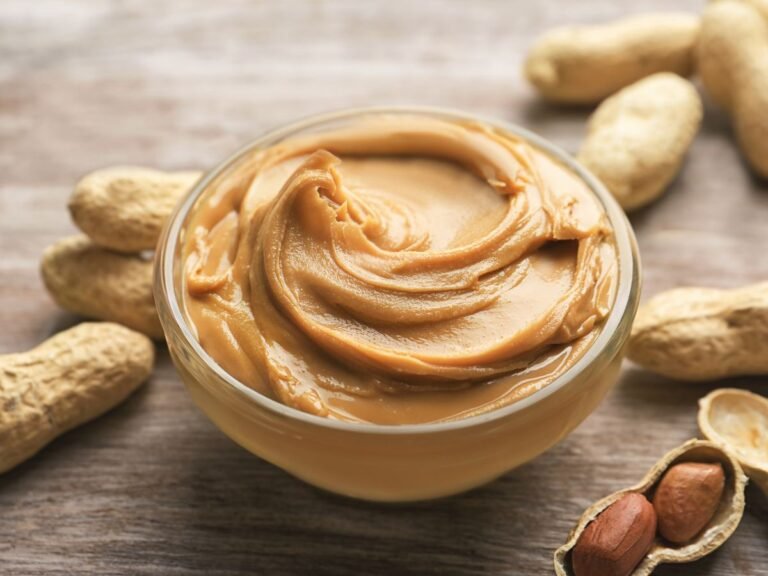Do Schnauzers have bad teeth
Knowing the specific health requirements of our furry pets is essential as we become committed guardians of them. “Do Schnauzers have bad teeth?” is a question that Schnauzer owners frequently ask. We will examine the complexities of oral health in Schnauzers in this extensive guide, addressing possible problems and offering preventative care advice. Come along on this adventure with us to guarantee the lifetime good dental health of your Schnauzer buddy.
The State of Schnauzers’ Teeth
In order to determine whether Schnauzers are more likely to experience dental issues, it is important to comprehend their dental traits.
Anatomy of the Schnauzer Teeth
Distinguished by their wiry coats and characteristic beards, schnauzers have teeth made to fit their unique requirements. This includes powerful molars and incisors, which are necessary for their historical roles as guardians and ratters.
Possible Difficulties with Dentistry
Even while Schnauzers may not naturally have poor teeth, there are certain potential problems to be mindful of, like plaque and tartar development, which, if left unchecked, can result in gum disease and tooth damage.
Are The Teeth of Schnauzers Damaged? Typical Myths
In order to give correct information on the oral health of Schnauzers, it is imperative that myths be addressed.
Myth: Schnauzers’ Poor Dental Health Is Natural
In contrast to popular opinion, Schnauzers do not naturally have poor dental health. Their dental health can be kept at its best with the right attention and care.
Fact: It’s Important to Get Regular Dental Care
Like all dogs, Schnauzers benefit from routine dental care procedures such as brushing, dental chews, and expert cleanings to maintain good oral health.
Recognizing Dental Features Specific to Breeds
Schnauzers’ size and genetic makeup may have an impact on certain dental characteristics. Among these is a tendency to hold onto baby teeth, which, if left untreated, can affect how adult teeth line up.
Preventive Dental Care for German Shepherds
A proactive and regular dental care regimen is necessary to keep Schnauzers’ teeth in outstanding condition.
Continual Brushing Practice
Establishing a consistent brushing regimen is among the best strategies to keep Schnauzers’ teeth healthy. To make brushing a pleasant experience, use toothpaste and a toothbrush that is suitable for dogs.
Dental treats and chew toys
By lowering plaque and tartar accumulation, giving Schnauzers the right chew toys and dental treats keeps their teeth healthy. Elect for dental health-promoting items.
Expert Dental Examinations
Dental examinations for pets on a regular basis are crucial. They make it possible to detect dental problems early and, if necessary, to schedule professional cleanings.
Taking Care of Typical Dental Problems
Even with preventive care, Schnauzers can still have dental problems that need to be fixed.
Handling Plaque and Tartar
It’s essential to clean frequently to get rid of tartar and plaque. Between brushes, dental wipes or gels can assist maintain general oral hygiene.
Therapy for Baby Teeth That Are Retained
Veterinarian intervention may be required if baby teeth are kept in order to avoid potential issues. Dental alignment is ensured when baby teeth that are retained are extracted.
How to Spot Dental Uncomfort Signs
Pay attention to any symptoms of oral discomfort, such as foul breath, trouble chewing, or mouth pawing. Getting veterinarian care quickly can take care of underlying problems.
Frequently Asked Questions, or FAQs
- Do Schnauzers often have dental problems?
Schnauzers don’t naturally have dental problems, but they do benefit from routine dental care to avoid typical disorders like plaque and tartar development. - How frequently should I brush the teeth of my Schnauzer?
Brushing should ideally be done multiple times each week. Early implementation of this regimen aids in the Schnauzer’s acclimatization to the procedure. - Can Schnauzers consistently chew on dental sticks?
Yes, you can use dog dental chews on a regular basis to help reduce plaque and tartar. Select products that veterinarians have recommended. - What symptoms point to dental issues in Schnauzers?
Gum swelling, poor breath, and trouble eating are some of the symptoms. Any alterations in behavior linked to discomfort in the mouth should be followed up with a veterinarian. - Do Schnauzers require yearly dental cleanings from professionals?
Yes, Schnauzers benefit from routine dental cleanings. They take care of the necessity for deeper cleaning and let vets evaluate oral health in its entirety.
In summary
In summary, the issue of whether Schnauzers have poor oral health highlights the significance of preventative dental care. You can contribute to your Schnauzer’s overall well-being and keep a bright, healthy smile with a regular routine, frequent veterinary check-ups, and a vigilant eye for any difficulties.







